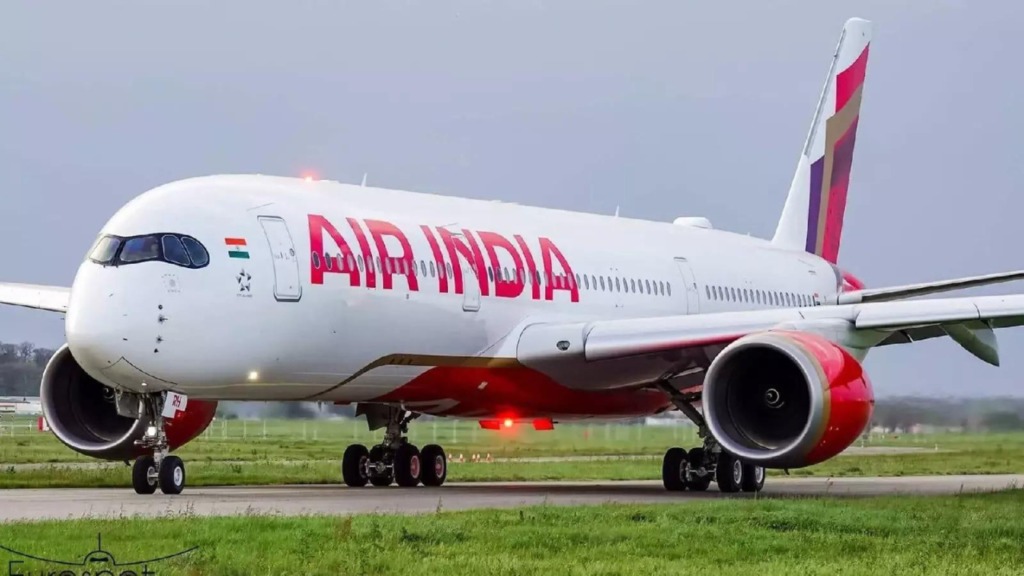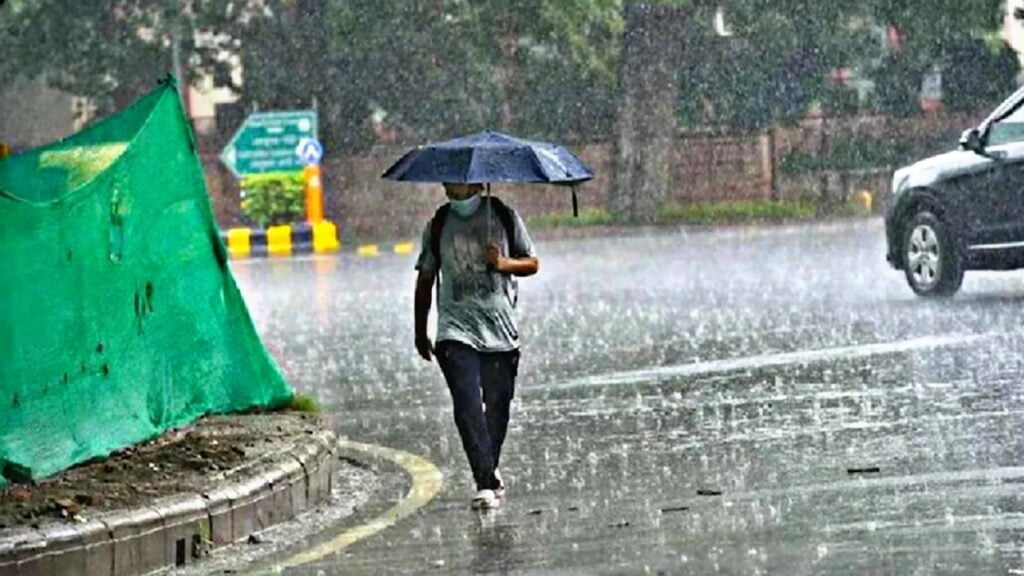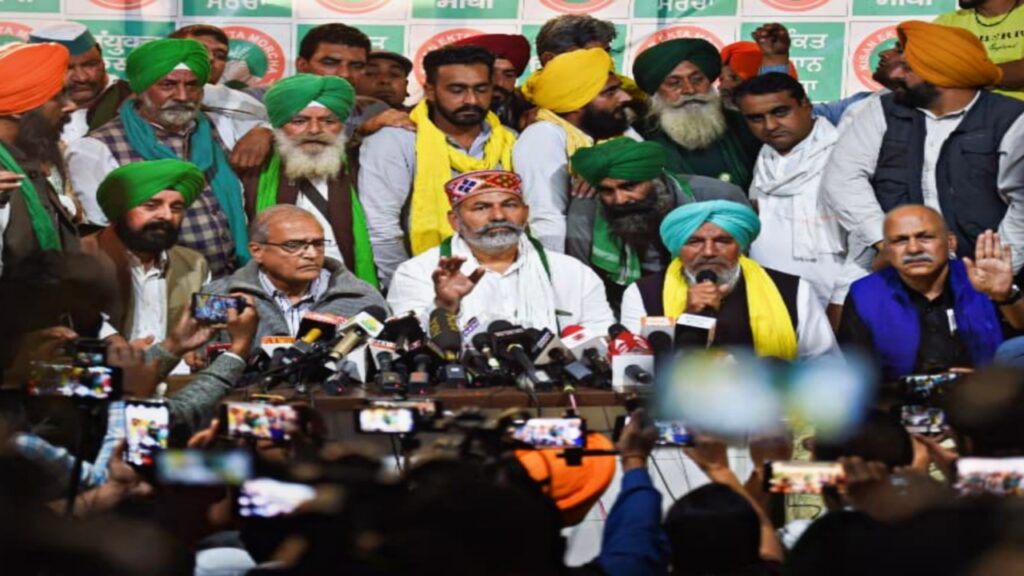The DGCA audit of Air India uncovers 100 irregularities, including 7 critical safety issues. Air India accepts the findings and pledges to respond soon.
Results from the DGCA audit of Air India have sparked concerns as regulators identified over 100 irregularities, seven of which pose significant threats to flight safety. The Directorate General of Civil Aviation (DGCA) recently finalized a comprehensive audit of Air India’s operations, revealing numerous lapses in procedures and maintenance.
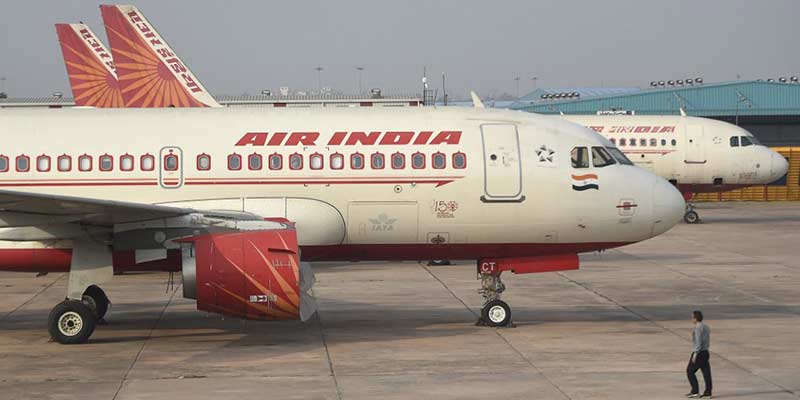
The audit of Air India by the DGCA underscores urgent safety and compliance challenges. Although the majority of irregularities pertain to documentation and procedural mistakes, seven findings are directly related to serious safety issues. Air India has recognized the audit findings and stated that it will take corrective measures. Industry analysts indicate that such discoveries in the Air India DGCA audit may lead to increased oversight in the future.
The Directorate General of Civil Aviation (DGCA), which is responsible for ensuring aircraft safety in India, has identified several critical issues with Air India, which is part of the Tata Group.
These include nearly 100 concerns about the training of pilots and cabin crew, their working and resting schedules, and the processes for takeoff and landing.
Sources indicate that seven of these issues are designated as ‘Level-1’, meaning they present the greatest safety hazard. The airline is required to address these concerns without delay.
Air India has acknowledged the findings from the DGCA and confirmed it will provide a response within the specified timeframe.
The DGCA has issued show cause notices to Air India and previously reprimanded Air India Express.
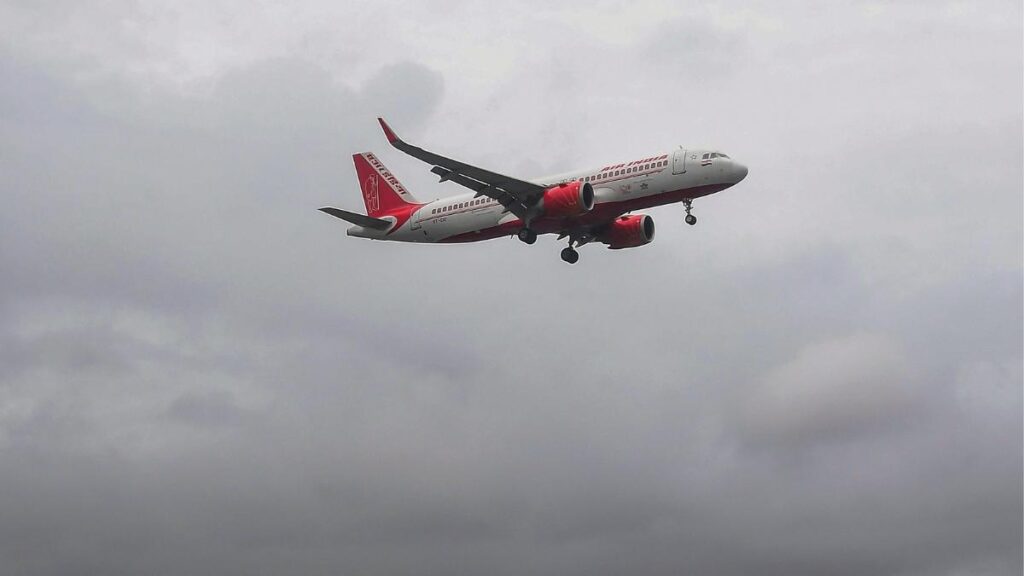
The Directorate General of Civil Aviation (DGCA) carried out an extensive audit at Air India’s headquarters in Gurugram from July 1 to July 4. The audit assessed flight operations, crew scheduling, rostering, and various other operational aspects.
Subsequent to this audit, on July 23, the DGCA issued four show cause notices to Air India. These were related to breaches of regulations concerning cabin crew duty and rest periods, training protocols, and other operational guidelines.
Earlier, on June 21, the DGCA had removed three officials accountable for crew scheduling and rostering due to significant negligence in their responsibilities.
In March, Air India Express faced a reprimand.
In March 2025, the DGCA also called out Air India Express for its failure to timely replace engine parts on an Airbus A320, as mandated by the European Union Aviation Safety Agency (EASA). The regulator similarly discovered that maintenance records had been falsified.
A Reuters report indicated that the airline postponed necessary engine modifications and subsequently altered AMOS (Aircraft Maintenance and Operations Software) records to create the appearance that the work was completed on schedule. Fabricated documents were also generated.
Air India Express conceded the mistake and affirmed that it had initiated corrective actions. The airline explained that the delay stemmed from a data migration issue within their software system, which was rectified once identified.
A report from the Aircraft Accident Investigation Bureau (AAIB) has disclosed that a fuel cutoff led to the crash of a plane in Ahmedabad.
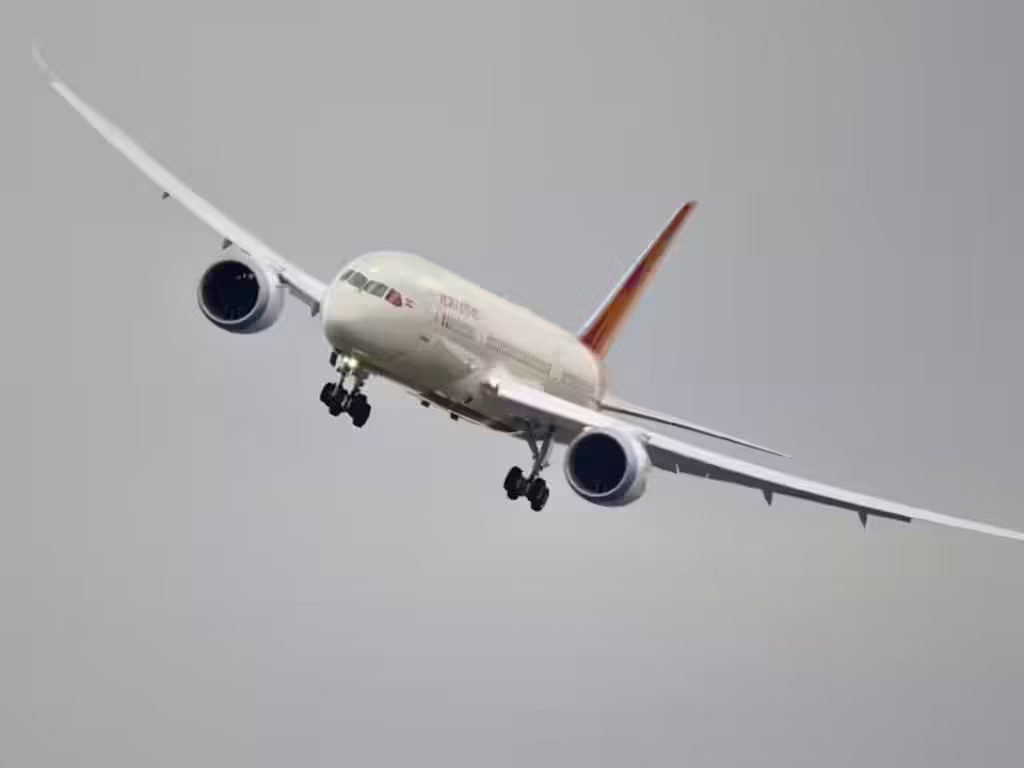
The AAIB, currently investigating the Ahmedabad plane crash, recently released a 15-page preliminary report.
As per the report, the fuel supply to both engines of Air India’s flight AI 171 was shut off almost simultaneously. This abrupt occurrence caused confusion among the cockpit crew, leading to the aircraft crashing shortly after takeoff.
The report highlighted that mere seconds post-takeoff, the fuel switches for both engines transitioned from ‘run’ to ‘cutoff’. The cockpit voice recorder captured one pilot inquiring, “Why did you turn it off?” to which the other replied, “I didn’t.”
The Directorate General of Civil Aviation (DGCA) recently completed a detailed audit of Air India’s operations, uncovering several procedural lapses and maintenance oversights.

